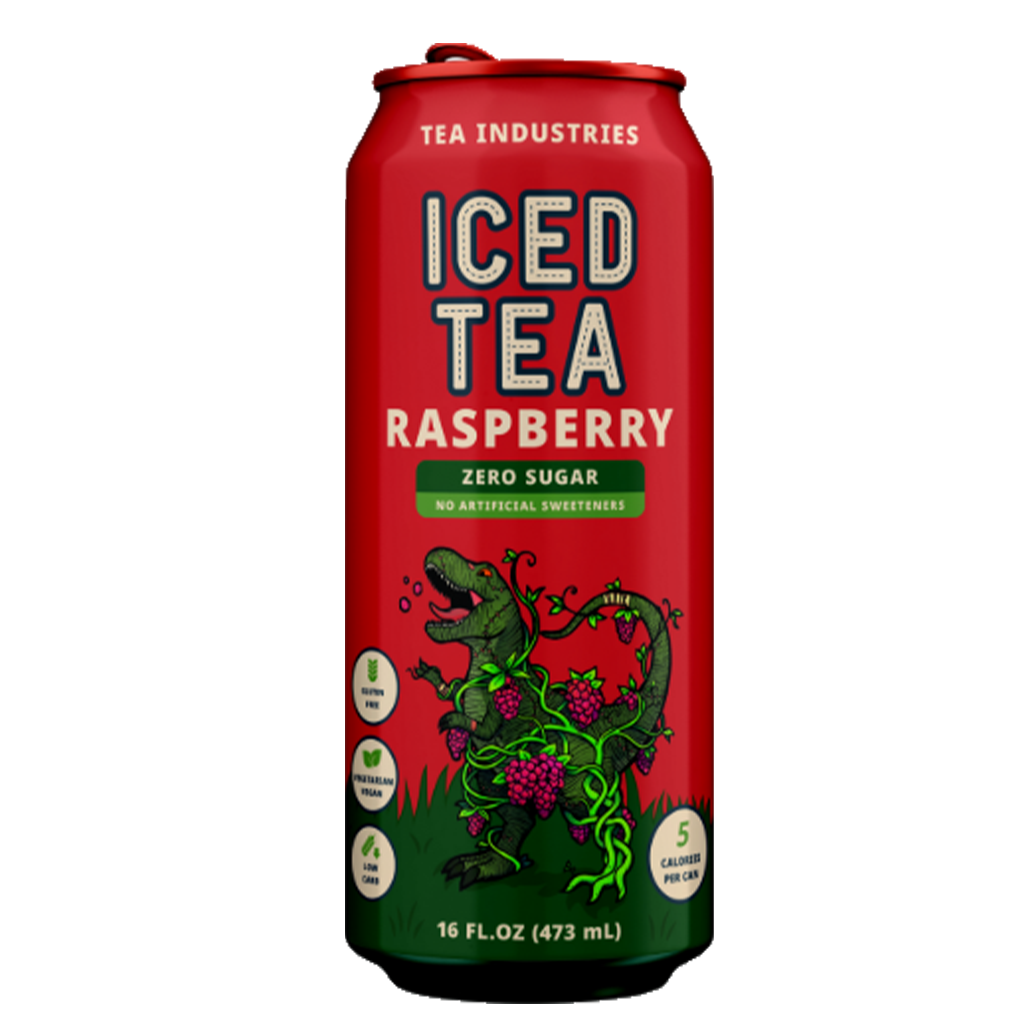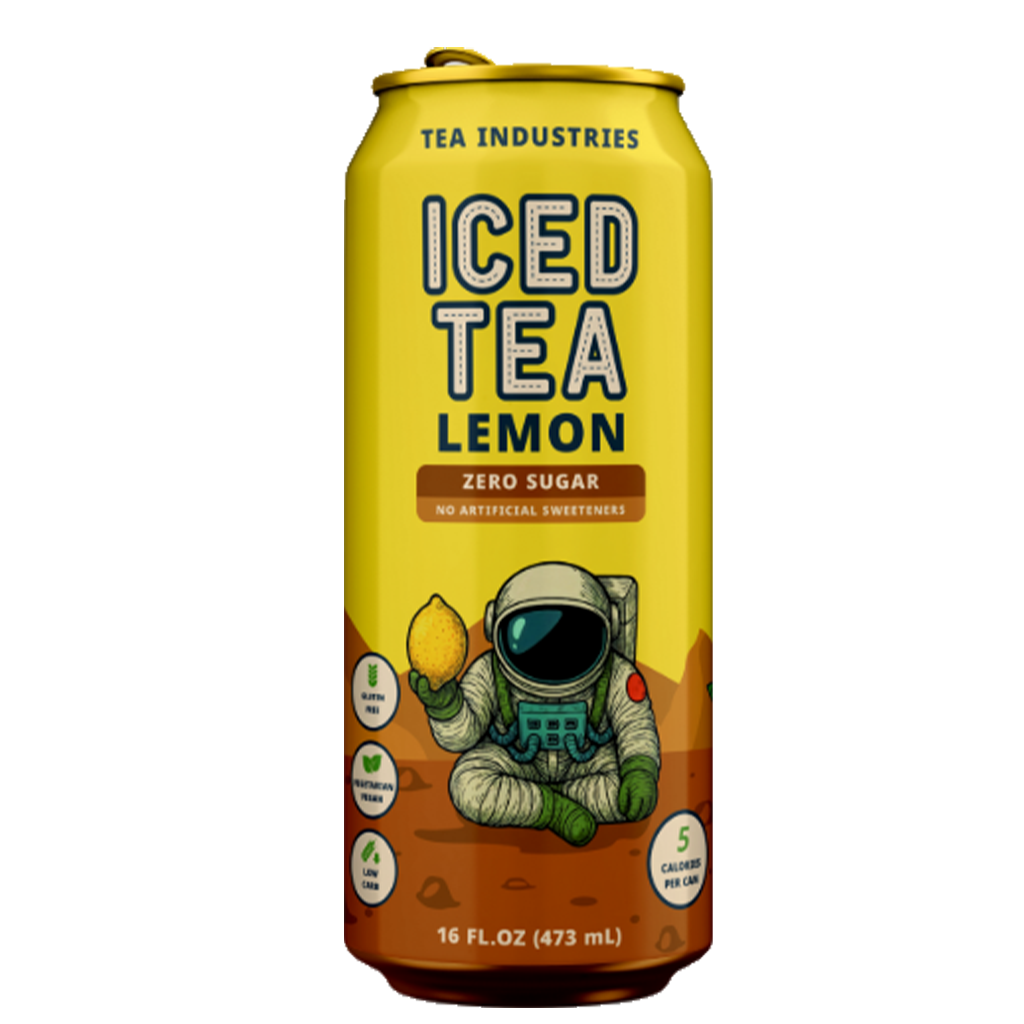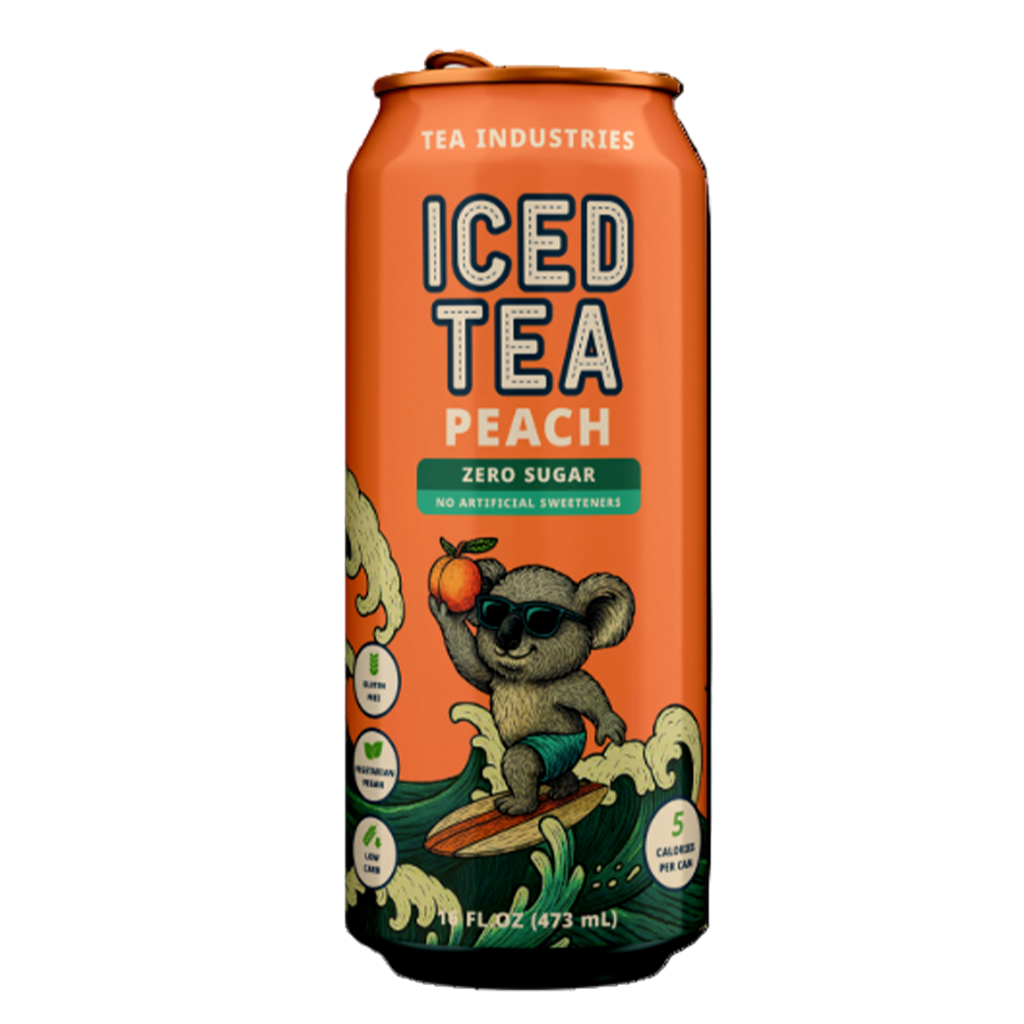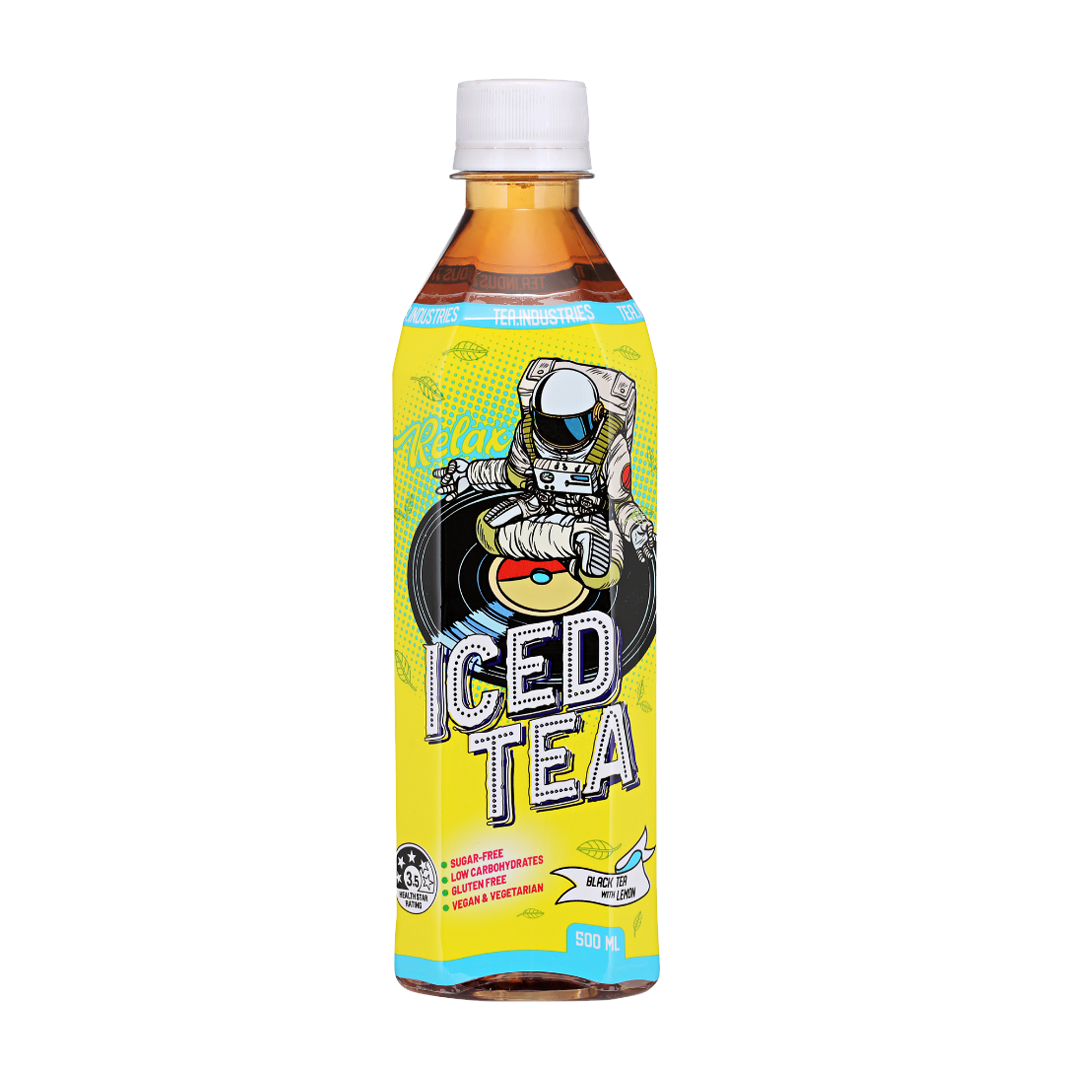We're all trying to make healthier choices, and that often starts with what we drink. But are you really aware of what's lurking in your favourite beverages? This post will shed light on some common ingredients and practices that might make you rethink your drink choices.
The Allure and Risks of Sugar
Sugar, especially when combined with fat, is a highly addictive substance that tricks the brain into wanting more. This potent mixture can lead to overeating and weight gain more easily than consuming sugar or fat alone.
-
Heart Health: Studies show that people who get 20% of their calories from sugar are 38% more likely to die from heart disease compared to those who get only 8% of their calories from sugar. This alarming statistic highlights the significant impact of high sugar intake on cardiovascular health.
Artificial Sweeteners: A Sweet Deception?
Many of us turn to artificial sweeteners to avoid sugar, but are they really a better alternative? Let's examine some common ones:
-
E952: Sodium Cyclamate
-
Cancer Concerns: Early studies linked cyclamate (especially when combined with saccharin) to bladder cancer in lab animals, particularly male rats.
-
Testicular Atrophy: Chronic administration of sodium cyclamate in the diet (mostly at 5–10%) to rats has also been reported to cause testicular atrophy.
-
-
E950: Acesulfame Potassium
-
Cancer Risk: Recent studies have raised concerns, with a population-based cohort study finding associations between artificial sweeteners, especially aspartame and acesulfame potassium, and increased cancer risk.
-
Cognitive Function: Some studies indicate potential negative effects on cognitive function, including decreased short-term and object cognitive performance in mice.
-
Gut Microbiome: Acesulfame potassium consumption can alter the gut microbiota, with gender-specific effects.
-
-
E211: Sodium Benzoate
-
Benzene Formation: When combined with vitamin C and exposed to above room temperatures or light, the cancer-causing chemical benzene may form.
-
ADHD Symptoms: Some people who drank beverages containing high levels of sodium benzoate reported an increase in attention deficit hyperactivity disorder (ADHD) symptoms.
-
Genotoxicity Concerns: Some studies suggest weak genotoxic effects and DNA damage in human lymphocytes in vitro.
-
Sneaky Colorants: More Than Just a Pretty Hue
Food colorings are added to make our drinks more visually appealing, but some may come with hidden risks:
-
E155: Brown HT
-
Also known as Chocolate Brown HT, this synthetic coal tar diazo dye is used to substitute cocoa or caramel as a colorant.
-
Studies have demonstrated that consumption of chocolate brown HT (E155), a commonly used azo dye, leads to the development and expansion of mammary tumors (breast cancer). It is banned in several countries, including Austria, Belgium, Denmark, France, Germany, United States, Norway, Switzerland, and Sweden.
-
-
E120: Cochineal
-
Derived from a scale insect, cochineal is used to produce the natural dye carmine.
-
Carmine is primarily used as a colorant in food and lipstick.
-
The Truth About "Juice" and "Concentrate"
Drinks that advertise themselves as "real juice" or "100% juice" might not be as healthy as you think. They often contain fruit concentrate, which is essentially a cleverly disguised sugar drink.
-
Fiber Loss: The concentration process removes most of the beneficial fiber found in whole fruits.
-
Nutrient Loss: Most nutrients, particularly heat-sensitive vitamins like B and C, are almost entirely removed during the concentration process.
-
Higher Calorie and Sugar Content: Juice concentrates often contain more calories and sugar per serving than whole fruits, while still claiming "no added sugar."
-
Blood Sugar Spikes: Due to the lack of fiber and concentrated sugars, juice concentrates can cause larger spikes in blood sugar levels compared to whole fruits.
Making Informed Choices
It's crucial to be aware of what you're consuming. Here are some tips for making healthier drink choices:
-
Read Labels Carefully: Pay attention to the ingredient list and nutrition facts.
-
Limit Sugary Drinks: Reduce your intake of sodas, sweetened juices, and other beverages high in added sugars.
-
Be Wary of Artificial Sweeteners: Consider the potential health risks associated with artificial sweeteners.
-
Choose Whole Fruits Over Juice: Opt for whole fruits instead of juice to retain fiber and nutrients.
-
Stay Hydrated with Water: Water is always the best choice for hydration.
By understanding the hidden dangers in your drinks, you can make informed decisions and prioritize your health.





